It can’t be easy to be a fan of the Resident Evil franchise.
On one hand, you have a groundbreaking, generation-spanning Resident Evil game franchise with a rich (albeit wildly complicated) lore that shows no signs of slowing down. On the other hand, all of that popularity has spawned countless, low-quality spin-offs attempting to capitalize on the Resident Evil brand without channeling much (if any) of the franchise’s appeal.
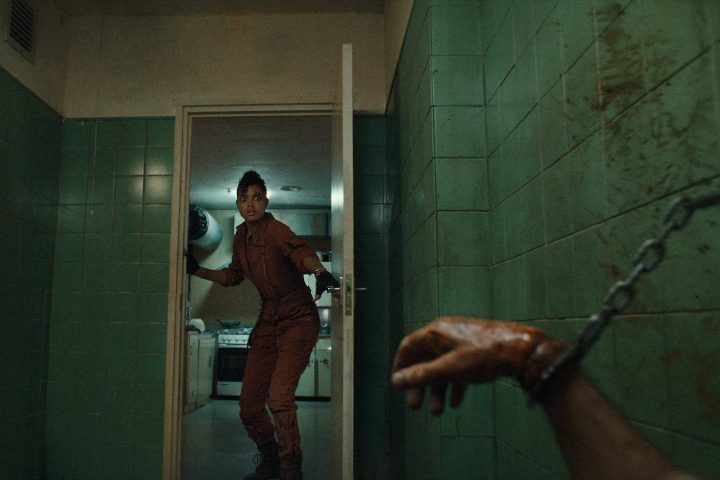
That long-running cash grab is perhaps best exemplified by 10 Resident Evil films that collectively rank as the highest-grossing movie franchise based on a video game of all time, despite receiving abysmal reviews from fans and critics alike and average ticket sales only slightly better than the Paul Blart: Mall Cop series. (Note: My 2017 review of Resident Evil: The Final Chapter was a positive one, all things considered.)
And yet, studios just can’t quit Resident Evil. After releasing the somewhat well-received Resident Evil: Infinite Darkness anime series in 2022, Netflix returns with a live-action Resident Evil series that takes big swings with the source material and offers some intriguing ideas, but never feels certain about the story it wants to deliver.
Its own thing
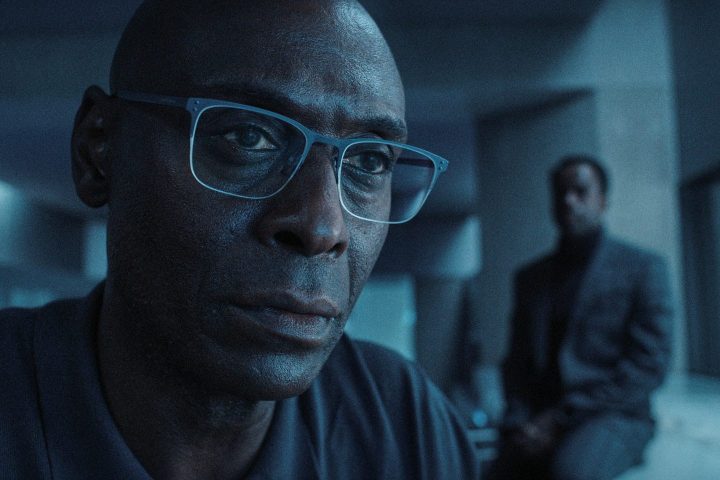
Developed by Supernatural writer and co-showrunner Andrew Dabb, Resident Evil is a true reboot of sorts, set outside the continuity of all the adaptations so far. It’s also the most ambitious — and risky — Resident Evil project to date, filtering the franchise’s lore through a complicated story that unfolds across two timelines and focuses more on characters than the typical, action-horror elements of the genre.
In one timeline, Resident Evil follows teenage siblings Jade and Billie Wesker (Tamara Smart and Siena Agudong, respectively), whose recent move to the pristine community of New Raccoon City with their scientist father, Dr. Albert Wesker (Lance Reddick), is complicated by layers of secrets hanging over his work for the Umbrella Corporation. The mystery of their father’s research, their own origins, Umbrella’s true motives, and the fate of the original Raccoon City loom large over the sisters’ experiences in their new school and hometown, and the series explores the bond they develop while confronting an increasingly dangerous environment.
The series’ other timeline jumps 14 years into the future after the emergence of a mysterious bioweapon known as the T-virus has turned most of the human population into cannibalistic mutants and forced the planet’s few remaining humans to take refuge in overcrowded, walled cities. The now-adult Jade, played by Ella Balinska, travels the post-apocalyptic landscape hoping to find a cure for the T-virus while dealing with the threat of the zombie-like “Zeroes,” desperate gangs, and sinister Umbrella agents.
A tale of two stories
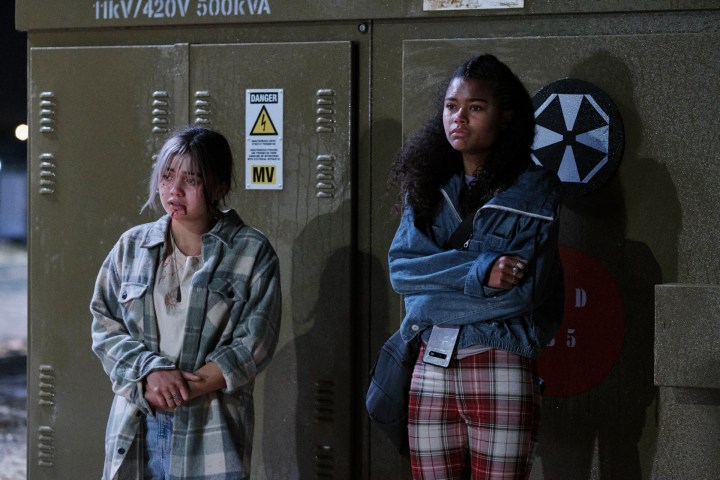
While some shows can hold up under the weight of multiple parallel yet interconnected storylines, the eight-episode first season of Resident Evil struggles frequently, overbalancing in favor of one or the other at various points. That the series also can’t seem to link the two timelines beyond sharing certain characters also leads to a disconnected vibe hanging over the show, and the two stories playing out never feel like they share an emotional or tonal connection.
That’s not to say the two stories are uninteresting. The earlier timeline delivers an enjoyably creepy arc as Jade and Billie find themselves wrapped up in a dark world of corporate conspiracies and dangerous science. That arc is bolstered by strong performances by Reddick (Fringe, John Wick) and Paola Núñez (Bad Boys for Life, The Purge), with the latter portraying Umbrella president and CEO Evelyn Marcus, and delivers a slow-burn story that relies on the more suspenseful, thriller aspects of Resident Evil lore.
Where the past timeline relies on mystery and slowly increasing tension, the future timeline is a more conventional, action-horror story as Jade finds herself pursued across the post-apocalyptic world by Umbrella and hordes of flesh-hungry zombies. It’s a fast-paced arc full of gruesome moments and gory violence, with a tone that’s significantly edgier (in both its action and its humor) than its counterpart.
That the two timelines feel so different — and the segues between them so jarring — is symptomatic of both the ambition of the series and the difficulty it has in pulling off this dual-narrative format.
Bad is good
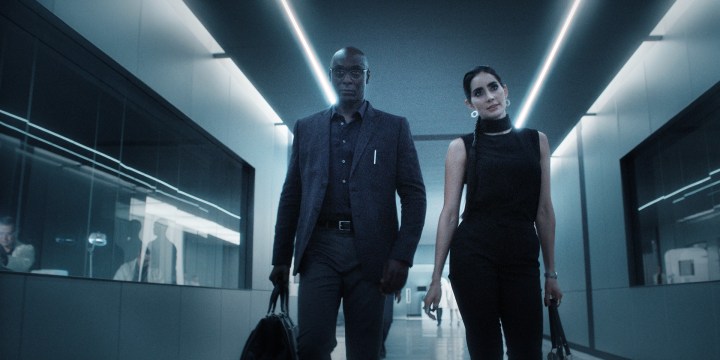
Reddick is always a compelling presence in any project — whether he’s appearing on-screen or lending his instantly recognizable voice — and he’s particularly fascinating as the conflicted Wesker, whose true loyalties (whether to his family, his research, or just himself) remain uncertain throughout much of the season. He brings a sympathetic element to the character that hasn’t been present in any previous iterations of Wesker (game, movie, or otherwise), and over the course of the season, the role demands a range from him that’s a nice reminder of why he’s so reliably entertaining in every project.
Núñez is similarly fun to watch, throwing herself into one of the show’s most overtly villainous characters. Actors often insist that villains can be the most enjoyable characters to play, and Núñez is clearly having a ball with the megalomaniacal Umbrella exec.
One of the show’s most pleasant surprises, though, is the performance of Turlough Convery (Ready Player One) as evil Umbrella agent Baxter, whose cold-hearted brutality is matched only by his sick sense of humor. Like Núñez, Convery has plenty of fun with the role, but his character arc gives him more opportunities to chew up the scenery. It’s a testament to both his performance and the character written for him that he delivers one of the season’s most entertaining, cheer-worthy scenes despite being one of the show’s most despicable characters.

And if it seems like the villain characters are the most interesting elements in Resident Evil, that’s because it’s true.
Hero problems
Sadly, the series’ focus on Jade and Billie Wesker’s saga is also its biggest weakness.
Although Smart and Agudong do their best with the material, neither the young duo nor the pair who play their adult counterparts, Ella Balinska and Adeline Rudolph, manage to make their respective story arcs all that interesting. Whether it’s a function of their characters’ frustratingly predictable bad decisions at every stage of life, or the actors’ inability to sell the increasingly poor choices Jade and Billie make, Resident Evil becomes a slog whenever the story spends too long with its lead characters.
And the more time it spends exploring their characters, the more bland and predictable they become.
A new approach to an aging franchise
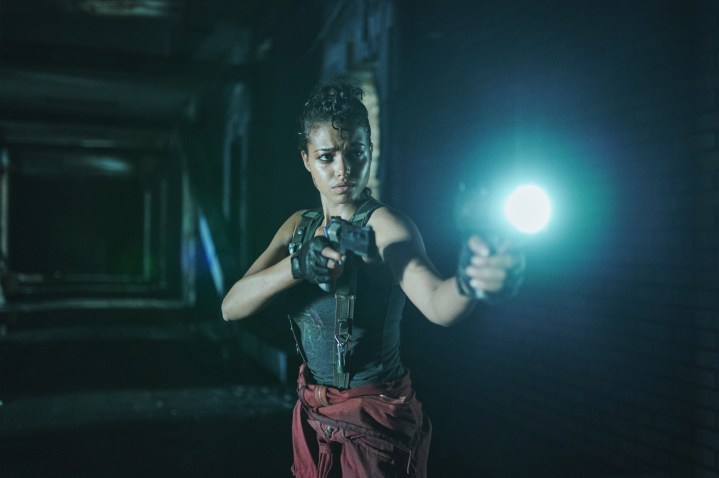
It will be interesting to see how Resident Evil fans react to the Netflix series, which also takes some bold leaps by reimagining the source material in fresh ways.
The story in Resident Evil takes plenty of liberties with the established (and yes, confusing) canon of the game franchise, inserting elements from the games into the series’ narrative in unexpected ways. Familiar characters, organizations, and other touchstones from the games make appearances in the show, woven into the story subtly in some cases and conspicuously wedged-in at others. That these elements often appear in ways that have little or no connection to the lore of the games is certain to leave some fans conflicted about the series and whether it’s being truly faithful to its source material.
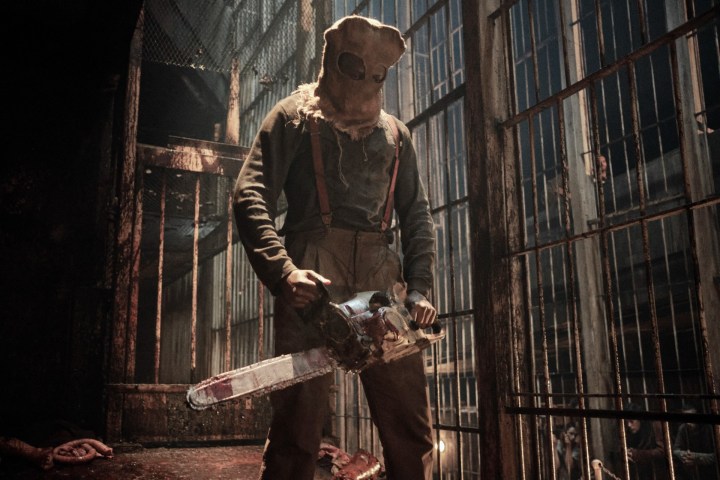
Those willing to look at the series with a more open mind, though, shouldn’t be troubled by its application of Resident Evil game lore. What they are likely to find difficult to stomach is the series’ frustratingly disconnected tone as it pivots — perhaps too frequently — back and forth in time.
To its credit, Resident Evil takes some big risks, from the series’ casting to its story and how to tell it. The Netflix series is unlike any big- or small-screen adaptation of the franchise we’ve seen so far and features a few strong, memorable performances from its cast. Still, considered as a whole, it’s difficult to call the series a success. Despite the game franchise’s winning streak, the universe of Resident Evil adaptations is still looking for a bona fide critical and commercial hit. This series suggests it isn’t quite there yet, but it’s the closest this corner of the franchise has come so far.
Netflix series Resident Evil premieres July 14 on the streaming service.





